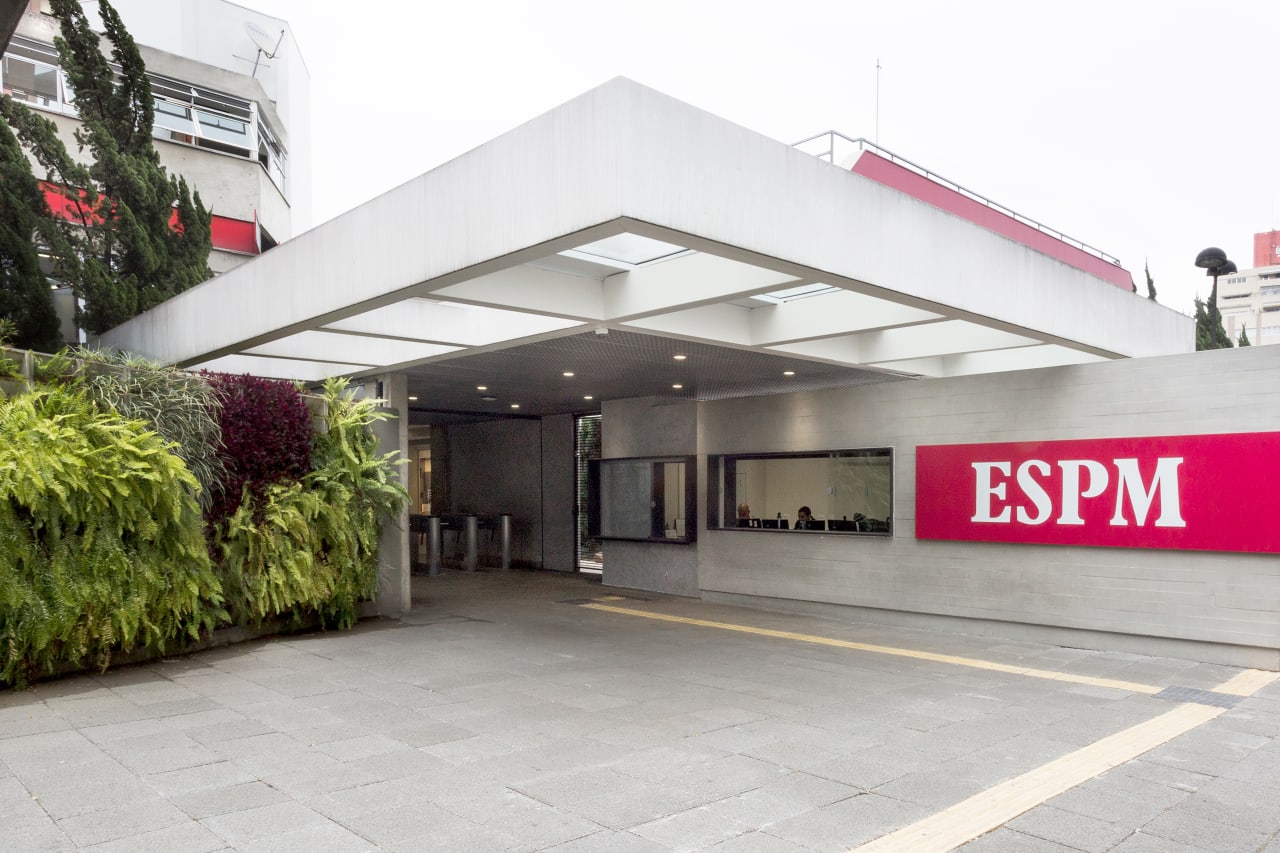
Master in Political Communication and Society
ESPM – Brasil

Key Information
Campus location
São Paulo, Brazil
Languages
Portuguese
Study format
Distance Learning
Duration
3 semesters
Pace
Part time
Tuition fees
BRL 564 / per month *
Application deadline
Request info
Earliest start date
Request info
* up to 35 installments of BRL 564.11 + 1 installment of BRL 621.19
Introduction
Throughout this Master, students will be prepared to:
- Evaluate scenarios, discuss some of the most relevant themes of contemporary society, aiming to understand its main characteristics and the debates in vogue;
- Understand the concepts and best practices of political communication, knowing their platforms, techniques and ways of acting, to carry them out effectively and create strategies that establish relevant and positive relationships with their audiences;
- Apply what was learned in real situations, outlining methods and using the content studied in the work demands.
In an environment of collaboration and exchange, professors and students will share knowledge and experiences so that everyone acquires skills to apply in the area; the modules aim to develop the student to act confidently in real life.
Ideal Students
for whom it is intended
- Responsible for the communication (and marketing) of parliamentarians, mayors and governors in office, who need to deal with the challenges of image building and ensure a relevant dialogue with the population.
- Professionals who work with digital media and wish to delve deeper into techniques (also offline) of communication and marketing in a sociopolitical context.
- Consultants, among other election campaign professionals, seeking assertiveness and professionalization of the strategies employed in the electoral race, aiming to acquire capacity for analysis, scenario evaluation, planning and implementation.
- Agencies, communication and public relations offices, consulting companies that need to train their professionals in the field of political communication.
- Communication, advertising and marketing professionals who work in the commercial context, but wish to acquire new knowledge and skills to expand their opportunities in the market and also to enrich themselves intellectually.
- Social and political leaders, advisors seeking to expand their capabilities in understanding society and communicating with different stakeholders.
Curriculum
what will you learn
The disciplines will be conducted by professors with experience in the area and who dominate the theoretical-methodological framework of their respective themes. They will present the content live via web conference, bringing interaction with students, bibliographical references, case studies and relevant concepts.
- Integrating Discipline
- Marketing and Political Communication: Introduction and Concepts
- Communication and Public Sphere: Habermasian Model and the Challenges of Current Times
- Differentiation in Social Networks: Strategies, Contexts, Analysis and Content
- Big Data and CRM
- Voter Behavior in Contemporary Society
- Discourse Analysis and Construction
- Election Campaign - Communication and Marketing
- Television, Radio and Press
- Qualitative Research Methods
- Storytelling, Transmedia Narratives and the Construction of Political Brands
- Demographic Social Analysis of Brazilian Society
- Democratic Culture, Media and Public Opinion
- Completion of course work (TCC) *
*At the end of the course, students will present the course conclusion work (TCC) in person to a panel of professors. The presentation takes place at one of the ESPM units, in São Paulo, Rio de Janeiro or Porto Alegre.
Program Outcome
alumni profile
Graduates of the Master in Political Communication and Society are expected to have the following qualifications:
- Perceive and apply the best practices of political communication and marketing, thinking about strategies, analyzes and appropriate tools that generate results.
- Discuss and analyze some of the main characteristics of contemporary society.
- Form and lead engaged teams that seek results and act with seriousness and zeal in the different fields of marketing and political communication.
- Make decisions through analytical methods and important theoretical references.